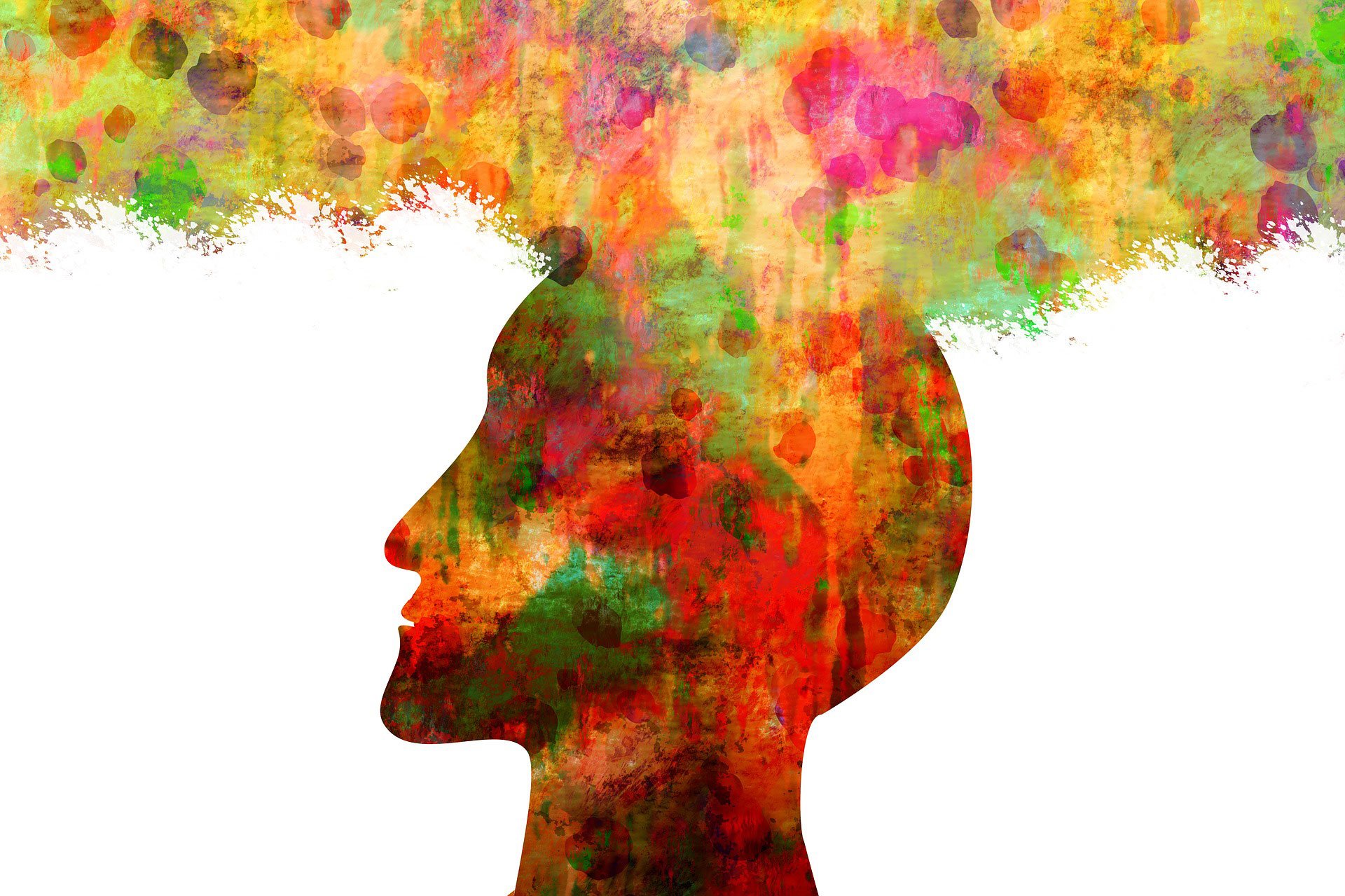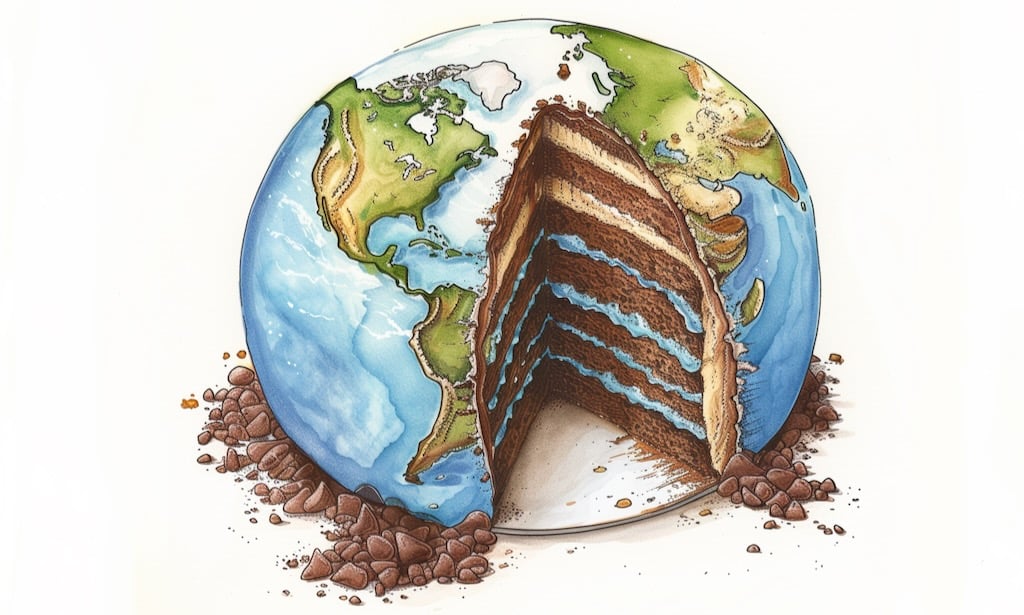It has been said that we will spend the first half of our lives sacrificing health to gain wealth, then we spend the second half of our lives sacrificing wealth in an attempt to recapture our health. Roughly speaking, you will spend 80 percent of all your health care costs in the last 20 percent of your life. This is to be expected. As we age, we simply begin to wear our bodies out. And let us not forget the role of stress in our lives. Stress may be thought of as an acceleration of the aging process. It accelerates the wear and tear processes that lead to a deterioration of vitality, illness and ultimately death. It was once believed that there was nothing that we could do to controvert the process; however, we now believe differently. Evidence exists that shows we can slow down the aging process and even suppress epigenetic expression of pathogenic genes. And the best part is: There appears to be evidence that you can develop a form of “psychological immunity” to many stressful events in your life.
I remember being a young intern at a clinic that specialized in the treatment of stress-related illnesses. As an adjunct to their primary treatments, my job was to teach each patient, regardless of their diagnosis and subsequent treatment, techniques to lower their stress levels. We employed a wide array of non-pharmacologic techniques which were designed to elicit what cardiologist Herbert Benson referred to as the “relaxation response.” The relaxation response was simply a waking state of deep relaxation. Each person participated in a 12-week program wherein they practiced for 20 minutes a day.

I began to see a pattern emerge that neither I nor my supervisors could explain. After about six weeks of practice, on average, people would begin to almost parenthetically comment that the things that used to upset them no longer seemed as troubling. It was almost as if they were developing some form of psychological “immunity” to many of the stressful events in their lives. Those who experienced this response at six weeks then seemed to benefit from a lessening of their stress-related symptoms at about 10 weeks. Those who benefited the most were those who were most consistent in their “relaxation” practice. While there was no denying the existence of this “psychological immunity,” we did not understand the mechanisms that would account for such an outcome. Was it simply a placebo effect, that is, did people get better simply because they expected to get better? Or was there some other explanation?
We would begin to learn the answer to that question 10 years later. A seminal study was conducted in the early 1980s by J. W. Hoffman and others at Herbert Benson’s clinic and laboratory at Harvard Medical School. The results, published in the prestigious journal Science, proved that consistent practice of the “relaxation response” could actually create reduced physiological responsivity to stressful events. Several years later, my colleagues and I initiated a simple educational program designed to develop a similar “immunity” to stressful events. We found evidence that people could learn to quickly reduce their blood pressure, heart rate, muscle tension and activity of the sympathetic nervous system even in the face of a stressful event. With time, this ability to dampen the stress response appeared to generalize into an “immunity” to excessive stress across many potential sources of distress.
There is no debate—stress is associated with premature aging and premature death. Relying on traditional health care to help us slow down stress-related aging and premature illness seems like a fool’s errand. Perhaps it’s time to think about immunizing ourselves against stress.

Note: Reviews and discussion of the original research and clinical practices can be found in G.S. Everly, Jr & Jeffery M. Lating (2019). A Clinical Guide to the Treatment of the Human Stress Response. NY: Springer.






